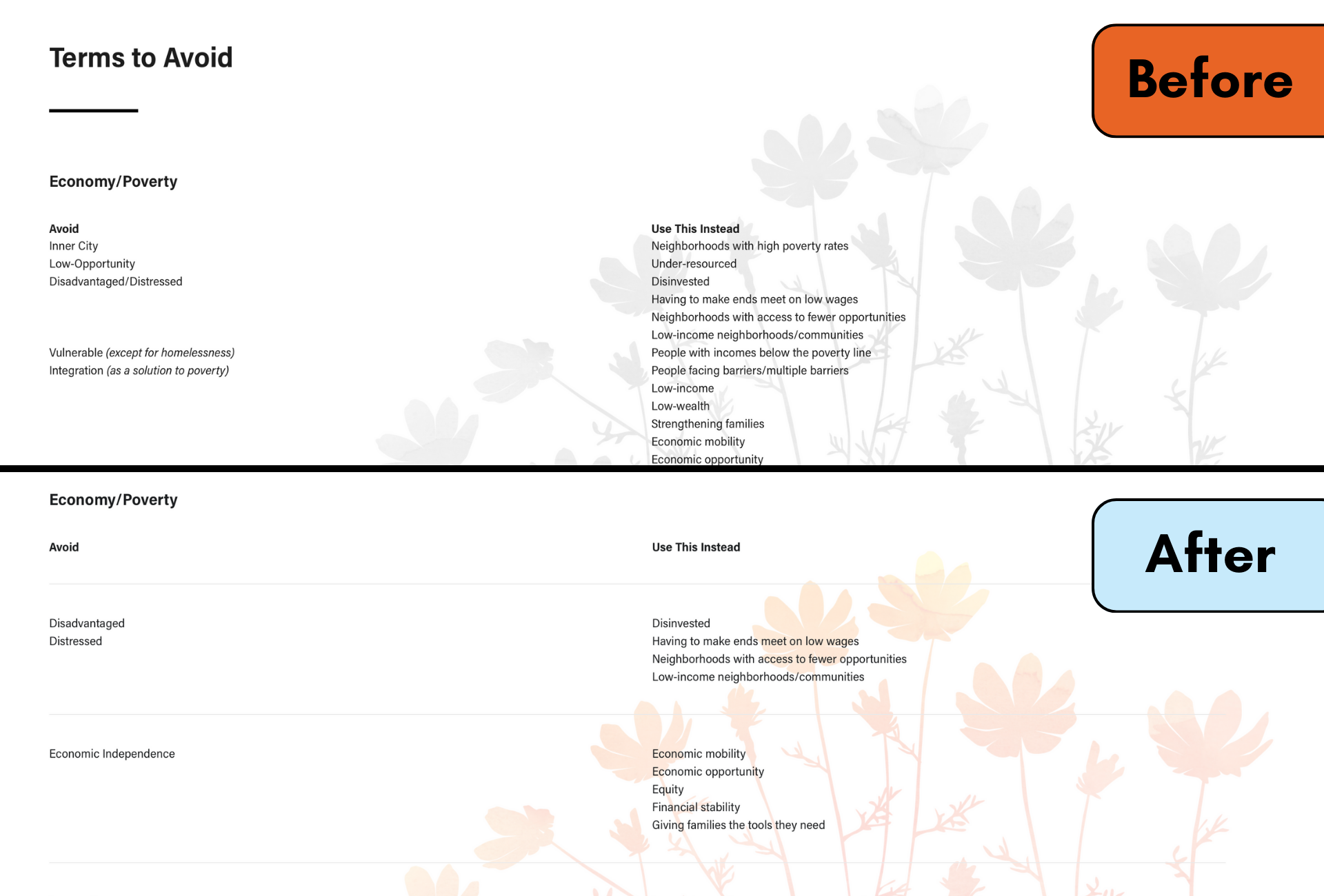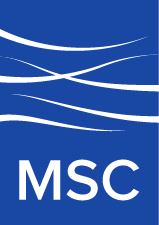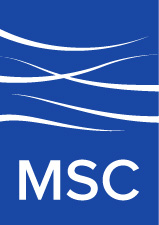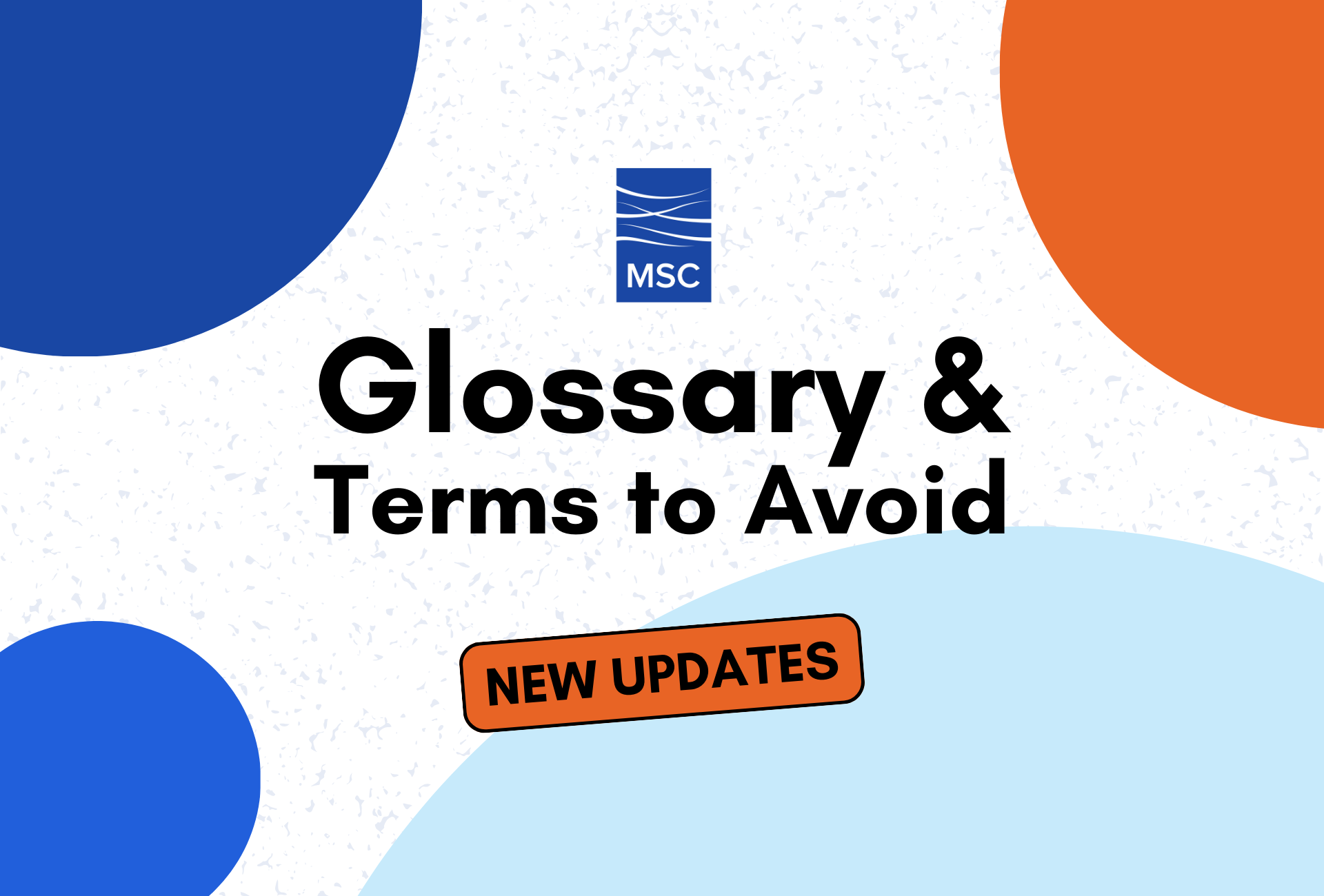A Collaborative Refresh Informed by Community Feedback — Explore the Guide
At Movement Strategy Center, our dedication to language as a transformative tool recently inspired a significant update to our Glossary and Terms to Avoid webpage — an in depth resource for definitions and terms to avoid within the Transformative Movement Building space.
This inspiration came from an insightful email from Edward Strickler — retired from the Institute of Law, Psychiatry and Public Policy, School of Medicine, University of Virginia, and a proud resident of rural Virginia. He highlighted a critical gap in the first version of this resource — the underrepresentation and misunderstanding of terms relating to rural America. He pointed out the issue of “structural urbanism” and how that can colonize and overshadow rural communities, “both culturally and economically.” He explained that this erasure — whether implicit or explicit — is yet another symptom of “extractive capitalism.”
His feedback set us on a path of thoughtful reflection and revision. We aimed to broaden our language to encompass a wider array of perspectives, integrating the principles of a Just Transition as a values filter. One suggestion from Strickler was to include derogatory terms that unfairly categorize rural residents without acknowledging the diversity of their occupations and locations to foster a more inclusive and respectful dialogue.
“This erasure — whether implicit or explicit — is yet another symptom of “extractive capitalism.”
Strickler also challenged us to rethink our approach to discussing the economy and poverty. Inspired by his insights, we revised our glossary to avoid oversimplified terms. We replaced “Income Gap” with “Income Inequality,” “Wage Inequality,” “Racial Income Inequality,” and “CEO/Worker Pay Gap” for a clearer depiction of financial inequities. Though not exhaustive, our goal was to ensure our glossary not only promotes economic, racial, and social equity but also honors diversity.
Our updates were a significant undertaking. We examined and re-evaluated each term for its impact and alignment with our values. We sought inspiration from resources such as the Center for Community Organizations’ guide on White supremacy culture in organizations and the National Center on Disability and Journalism, which offers a comprehensive disability language style guide. These sources were instrumental in helping us create a glossary that is more than just words and definitions. We feel it is a dynamic, evolving tool that mirrors our ongoing journey of understanding and adapting to the changing dynamics of the world we inhabit.
We also explored our greater ecosystem, uplifting key terms, definitions, and context that resonate with our values. This exercise involved breaking down complex concepts into accessible language and is reflective of diversity within our community.

When it came to updating the design of the glossary, we started with how users navigate and experience the page, evolving the design to deliver more clarity and accessibility. Visual dividers and clear titles separate each section making the page more readable, digestible, and searchable. This redesign coincides nicely with our brand new Why MSC? website landing page, where similar grids were used to increase functionality and clarity (you can read more about the design process of Why MSC? here.)
Our glossary update is a big step in our mission as a values filter, helping to connect funders and movement leaders in the pursuit of a Just Transition. This shift towards more inclusive language and a more accessible design, inspired by Strickler’s observation that “small changes … Can lead to larger changes, more broadly,” truly hits home. It’s about more than words or design; it’s about creating a shared understanding that bridges different perspectives. We see this effort as a key part of our ongoing journey — one where we constantly strive for deeper understanding and equity, always remembering that every voice is important, and every word has the power to bring us closer together.


